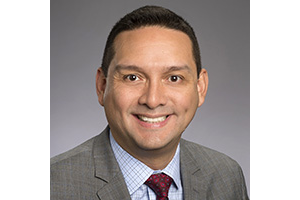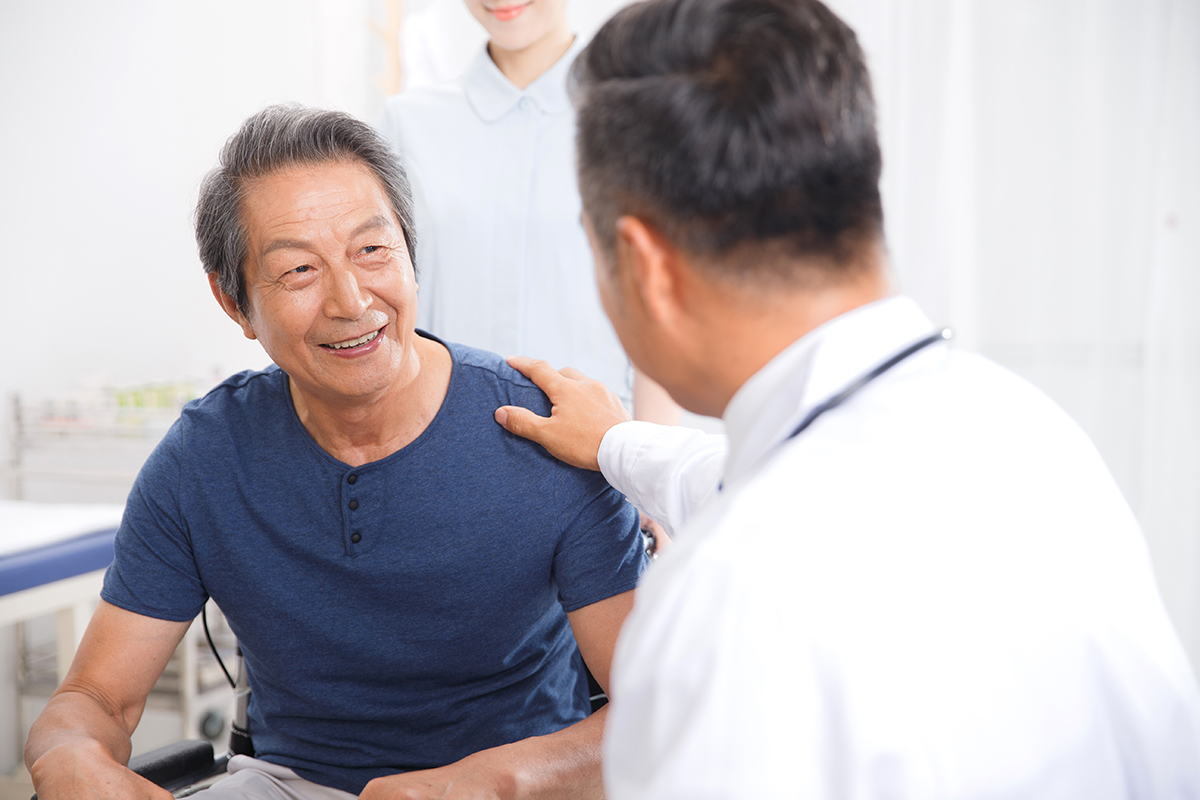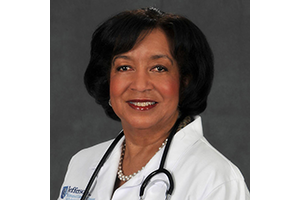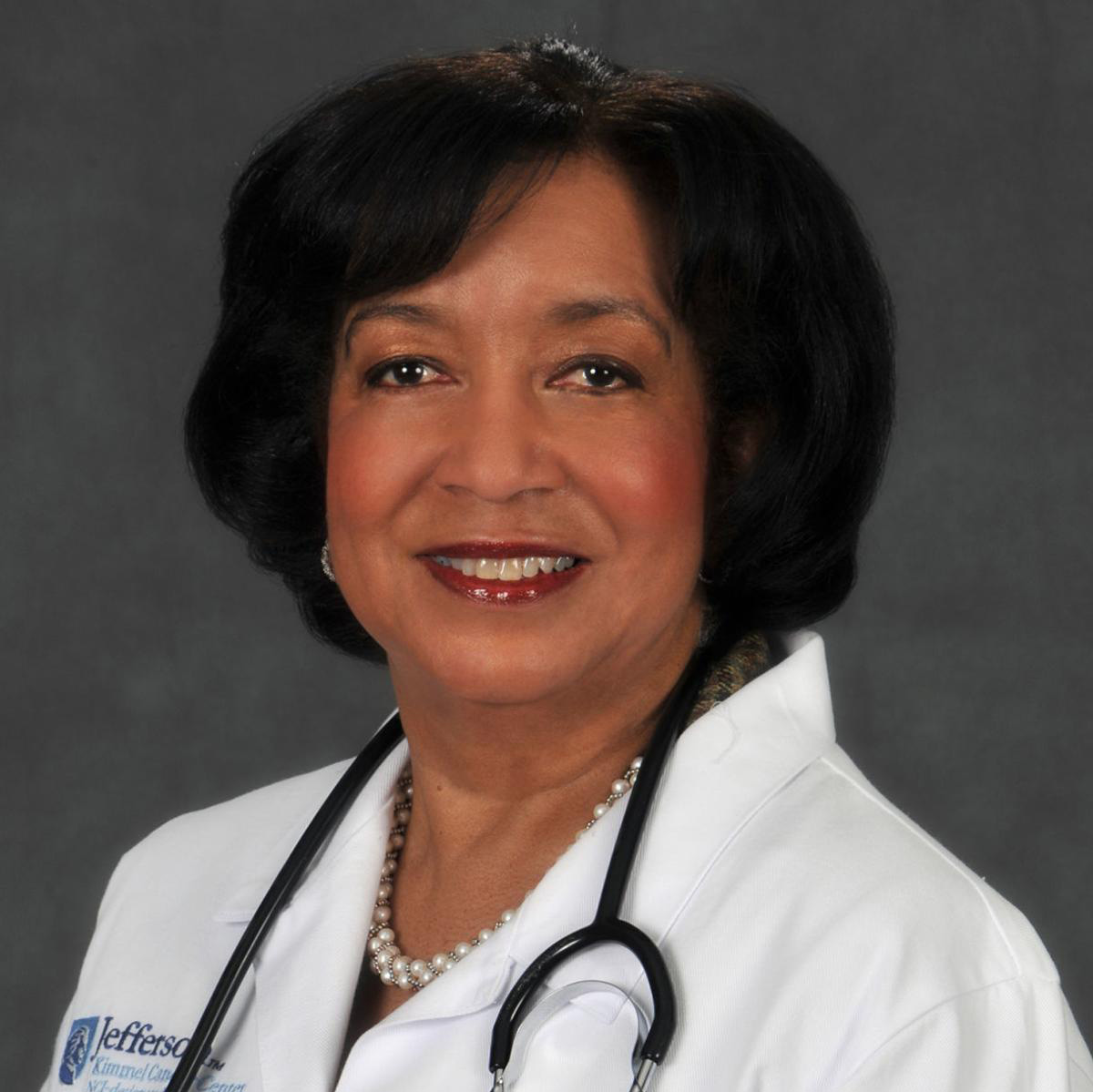
ECOG-ACRIN Sarcoma Working Group Builds Steam in Second Year
February 24, 2022
Now Enrolling: EA2205 for a Rare Form of Liver Cancer
February 24, 2022Edith Mitchell Reflects on Equity Initiatives at ECOG-ACRIN

 When it comes to diversity, the oncology workforce has a long way to go. For example, only about 5% of practicing clinicians are Black. That statistic is even more significant given its stagnancy: the percentage has not changed in nearly three decades. This is not for lack of trying—and the efforts of one person in particular have been crucial to keeping this issue in the foreground.
When it comes to diversity, the oncology workforce has a long way to go. For example, only about 5% of practicing clinicians are Black. That statistic is even more significant given its stagnancy: the percentage has not changed in nearly three decades. This is not for lack of trying—and the efforts of one person in particular have been crucial to keeping this issue in the foreground.
Edith P. Mitchell, MD, a practicing medical oncologist at the Sidney Kimmel Cancer Center-Jefferson Health in Philadelphia, has devoted much of her career to mentoring Black early-career physician-scientists, as well as those from other minority groups. At ECOG-ACRIN Cancer Research Group (ECOG-ACRIN), in 2017, she founded the Minority Travel Scholarships program that funds travel to the ECOG-ACRIN Group Meetings for minority investigator trainees. She also is the visionary for a longstanding collaboration between ECOG-ACRIN and the National Medical Association (NMA), the largest and oldest national organization that represents African American physicians and their patients in the United States.
Dr. Mitchell currently serves as co-chair of ECOG-ACRIN’s Health Equity Committee, participates in ECOG-ACRIN governance as a member of the Executive Committee and as Thomas Jefferson University’s voting representative on the Principal Investigator Committee. She is an active member of the Gastrointestinal Cancer Committee, a co-chair of the NCI-MATCH precision medicine cancer trial, and a member of several other ECOG-ACRIN scientific committees. Notably, Dr. Mitchell serves as a member of the President’s Cancer Panel, which is contributing to President Biden’s reimagined Cancer Moonshot, and which recently released a report outlining recommendations to increase equity and access in cancer screening.
On the occasion of Black History Month, ECOG-ACRIN is pleased to turn the spotlight on Dr. Mitchell in recognition of her tremendous contributions to our Group. Recently, we spoke with her about health equity and the committee’s efforts to date.
Why is health equity an important topic in cancer research?
The results of cancer research must extend to all individuals, populations, and communities in this country. Since the passing of the National Cancer Act of 1971, cancer research has demonstrated a continuous decline in mortality rates—an important success as we commemorate fifty years since the president signed the act into law. However, not all populations have benefitted equally from this progress. The purpose of our committee is to foster full representation of underserved groups in ECOG-ACRIN clinical trials, so that all people might benefit from improvements moving forward.
What was the origin of the ECOG-ACRIN Health Equity Committee?
In the late 1990s, late Group Co-Chair Robert Comis, MD and I initiated diversity and equity initiatives in ECOG-ACRIN (then just ECOG). This work evolved over time into a formal Health Equity Committee. We wanted to ensure disparities in cancer care continued to remain a focus, and that our protocols and educational programs were broadly accessible.
This was also around the time the ECOG-ACRIN and NMA collaboration began in 1998. Since then, there is always a Joint ECOG-ACRIN and NMA Advisory Panel session at every Group Meeting. Physician members of the NMA attend and hear the latest developments in ECOG-ACRIN’s cancer research portfolio, and in turn, contribute their knowledge, feedback, and insights. This relationship, among other efforts, has helped increase the accrual of Black patients to ECOG-ACRIN clinical trials.
We see success with the NCI-MATCH precision medicine trial, in which Black participants make up 9% of the patients screened centrally. Additionally, in the currently open TMIST breast cancer screening trial, more than 20% of U.S. women in the study are Black—more than double the average Black cohort in U.S. clinical trials (8%). Efforts are also underway to increase the number of Hispanic/Latino participants in TMIST.
What are the committee’s top priorities right now?
Our current focus is to ensure that inclusion is woven throughout the fabric of ECOG-ACRIN, enabling its research to eliminate health disparities and promote health equity. We are also working to enhance the minority research workforce by mentoring trainees and junior investigators from diverse backgrounds.
What does that mentoring look like?
In 2017, we created the Minority Travel Scholarships award program for minority investigator trainees, including students, residents, fellows, and other early-career investigators. The program provides funding to attend the ECOG-ACRIN Group Meeting, generally around five applicants per meeting. The goal is to encourage participation in oncology clinical research. At the meeting, attendees have the opportunity to observe and interact with scientific mentors and investigators from different specialties.
What message would you like to convey to the ECOG-ACRIN membership regarding these initiatives, and the Health Equity Committee’s work overall?
Maintaining a focus on equity—in both clinical trials and the oncology workforce—is not only the right thing to do; it is the best thing to do, for ECOG-ACRIN and for the country.
Edith P. Mitchell, MD, MACP, FCPP, FRCS, is a clinical professor of medicine and medical oncology, director of the Center to Eliminate Cancer Disparities, and associate director of Diversity Affairs at the Sidney Kimmel Cancer Center at Thomas Jefferson University. She also serves as a member of the President’s Cancer Panel.
The ECOG-ACRIN Health Equity Committee meets via teleconference on the first Friday of each month. If you would like to learn more or participate, please send an email.
![ECOG-ACRIN logo[19516]275×75](https://blog-ecog-acrin.org/wp-content/uploads/2021/03/ECOG-ACRIN-logo19516275x75.png)
